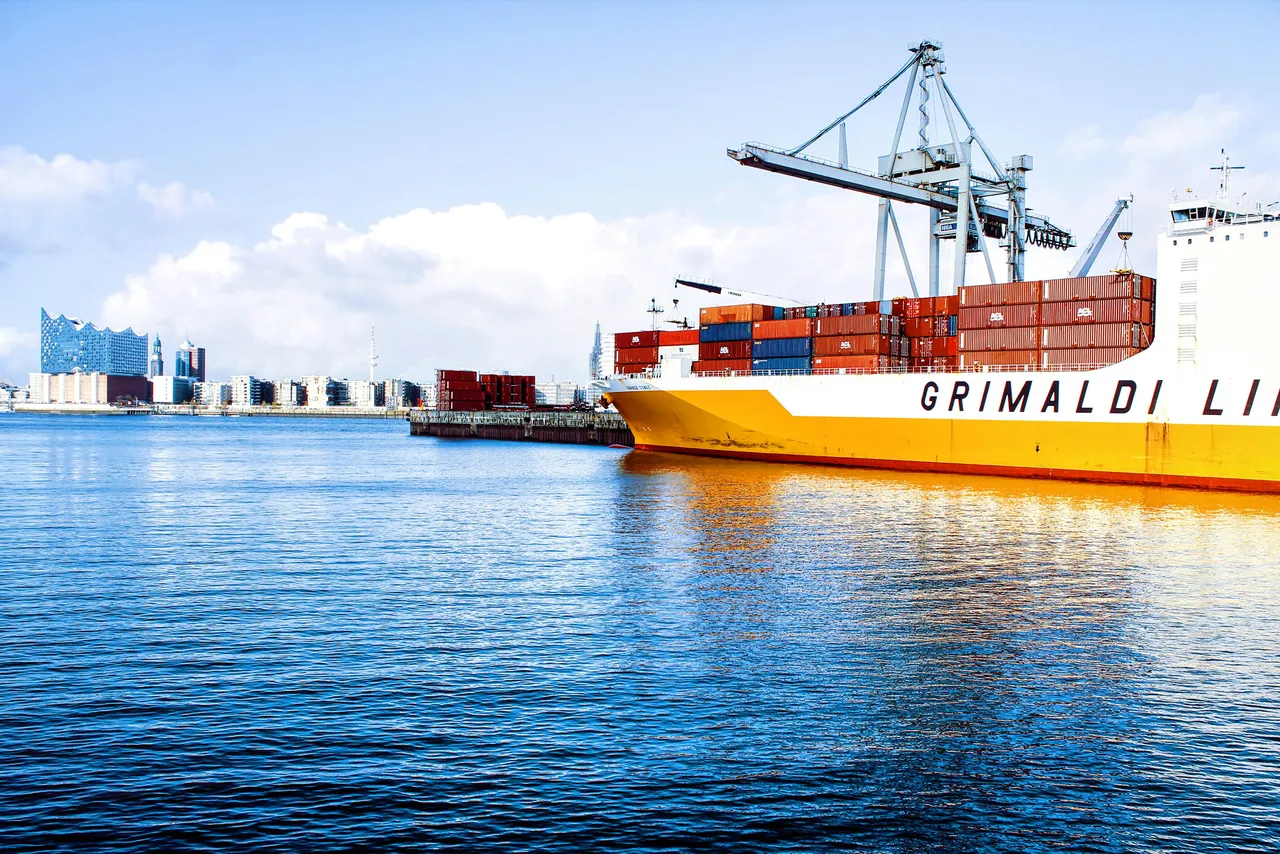Harnessing Technology for Enhanced Dispatch Operations: A Guide
In today's fast-paced logistics environment, harnessing the power of technology is not just an advantage; it's a necessity. This guide explores how technology can be leveraged to enhance dispatch operations, ensuring efficiency, reliability, and customer satisfaction are always at the forefront.
Embracing Digital Transformation
The logistics industry is currently undergoing a significant digital transformation. Traditional methods of dispatch and delivery coordination are being replaced by sophisticated software solutions. These technologies offer real-time tracking, automated dispatching, and predictive analytics, enabling businesses to make informed decisions swiftly. By embracing digital tools, companies can not only optimize their operations but also anticipate future challenges and opportunities.
The adoption of digital platforms facilitates seamless communication between dispatchers, drivers, and customers. This integration ensures that all parties have access to up-to-date information, leading to improved service delivery and customer satisfaction. Furthermore, digital transformation paves the way for scalability, allowing logistics operations to adapt to increasing demands without compromising efficiency or reliability.
Leveraging IoT and AI
The Internet of Things (IoT) and Artificial Intelligence (AI) are at the forefront of revolutionizing dispatch operations. IoT devices provide a continuous stream of data from vehicles and cargo, offering insights into location, condition, and operational status. This real-time information enables dispatchers to make quick adjustments, ensuring timely deliveries and optimal route planning.
Artificial Intelligence further enhances dispatch operations by analyzing vast amounts of data to predict potential issues, optimize routes, and automate routine tasks. AI-driven tools can forecast traffic patterns, suggest the best delivery routes, and even predict maintenance needs for vehicles, significantly reducing downtime and operational costs.
Data-Driven Decisions
In the realm of logistics, data is king. The ability to collect, analyze, and act upon data can set a company apart from its competitors. Advanced analytics tools provide valuable insights into operational efficiency, customer preferences, and market trends. These insights enable businesses to make strategic decisions that enhance performance and foster growth.
Moreover, data-driven strategies allow for a more personalized customer experience. By understanding customer preferences and behaviors, companies can tailor their services to meet individual needs, improving customer satisfaction and loyalty.
Investing in Training and Development
Implementing new technologies is only the first step. For these tools to be effective, companies must invest in training and development for their staff. Comprehensive training ensures that employees are well-versed in the latest technologies and can utilize them to their full potential.
Continuous learning and development foster a culture of innovation and adaptability. As new technologies emerge, a well-trained workforce can quickly integrate them into existing operations, keeping the company at the cutting edge of logistics solutions.
In conclusion, harnessing technology for enhanced dispatch operations offers numerous benefits, including improved efficiency, reliability, and customer satisfaction. By embracing digital transformation, leveraging IoT and AI, making data-driven decisions, and investing in training and development, logistics companies can stay ahead in a highly competitive environment.
This article was developed using available sources and analyses through an automated process. We strive to provide accurate information, but it might contain mistakes. If you have any feedback, we'll gladly take it into account! Learn more

